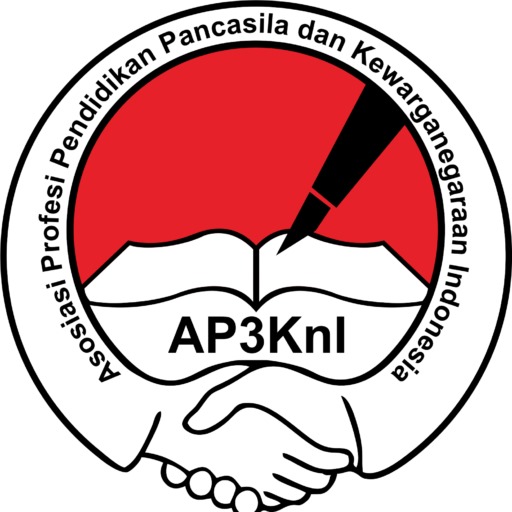A Comparison of the Effectiveness of Andragogical and Driyarkara Approaches, Journal Reviews, and Theory Exploration in Teaching Pancasila Education
DOI:
https://doi.org/10.36805/civics.v10i01.10238Abstract
This study aims to analyze and compare the effectiveness of the andragogical approach, the Driyarkara approach, journal reviews, and theoretical exploration in teaching Pancasila Education to first-year students at STIKes Gunung Maria Tomohon. Employing a qualitative research method with a phenomenological approach, the study focuses on students' subjective experiences in understanding and applying the values of Pancasila. Data were collected through in-depth interviews, participatory observations, thematic reflections by students, and portfolio analyses. The findings reveal that integrating the andragogical approach with reflective discussions facilitates more meaningful learning, enabling students not only to cognitively grasp the material but also to connect it with their everyday life experiences. The Driyarkara approach fosters the development of critical awareness and moral values, while journal reviews and theoretical studies enhance conceptual understanding. The study concludes that experience-based, reflective, and dialogical learning methods are more effective in deepening students’ comprehension and internalization of Pancasila values. It is recommended that these approaches be continuously implemented and further developed to cultivate character building and national consciousness among Indonesia’s youth.








1.png)





